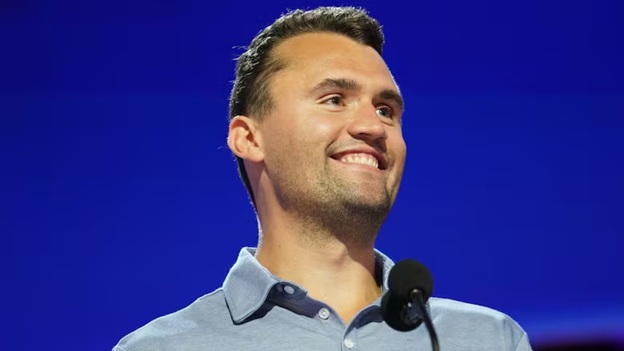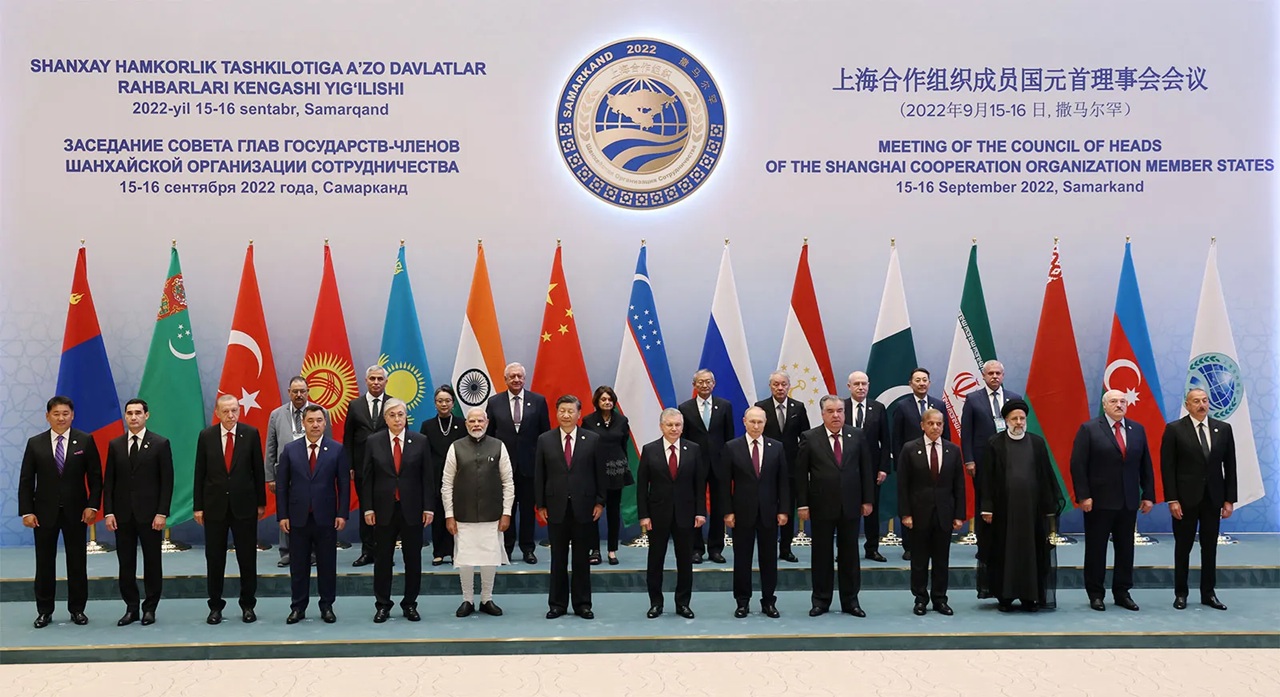This past week, the Nobel Prize committee for advancement in science and innovation met in Stockholm, Sweden and awarded prizes for nine individuals in the fields of Chemistry, Physiology (including Medicine), and Physics. From the discovery of how cells sense and adapt to oxygen levels (thus pioneering research into cancer, anemia, and high altitude sickness) to the behaviour of cosmic microwave background radiation that allowed us to understand the large-scale structure of the universe, these scientists have contributed to the new discoveries and new inventions that we enjoy today. Three chemists who pioneered the work of lithium-ion batteries are now witnessing the fast moving world of electric powered vehicles, ushering in a robotic generation.
Yet all nine gathered at a news conference in Stockholm with one message: don’t be hasty. None of these generation-transforming discoveries were made within a short time. On average, more than 10 years of failure, misfires, and collapse of ideas, experiments and trials separate the moment of conception to the moment of first discovery. “We have witnessed,” said one Nobel laureate, “the impatient, money-driven urgency that has characterized science today, and we grieve that we will not find anything useful in our haste.” They called it Slow Science – the type of science that would give a researcher in Japan the perseverance to develop a theory of T-Cells in the human immune system 20 years before we understood what it was. Two researchers in the US picked up his work 10 years later, and in collaboration with their Japanese counterpart added another 10 years of research to establish the basis for what we use today in immunology, vaccine development, and disease treatment.
As I think on these things, I am fascinated by a world that wants results, and wants it now. When the results are not what and when we expect it, we stop paying the bills or funding the research. So we are left with countries stealing research from others, or slight adjustments mislabeled as “fresh innovations” (such as the next new model of your cell phone), or vaccines introduced during the pandemic after 4 months of research and testing put together (something that usually takes 10 years by normal standards.)
In fact, spiritual life is just the same way. Reading and understanding the Bible takes time. Developing a habit of prayer and thanksgiving takes focus. Choosing to follow Christ in every circumstance takes perseverance. 2 Peter 1:5 says, “Make every effort to add to your faith.” It’s the daily step-by-step, in-step-with-God walk of faith that moves us forward, never tiring of obstacles and never hindered by failures. That’s slow science. That’s fresh discovery. That’s spiritual growth. In this Thanksgiving Season, let’s learn the joy of slow science in our spiritual development of a thankful spirit.
Just Church
At Just Church, we encourage each other to grow step-by-step in step with Jesus. “The vision of Just Church is to establish a church in just the way Christ called the church to be – true to His Word, loving Him, loving one another, and loving the lost.”






